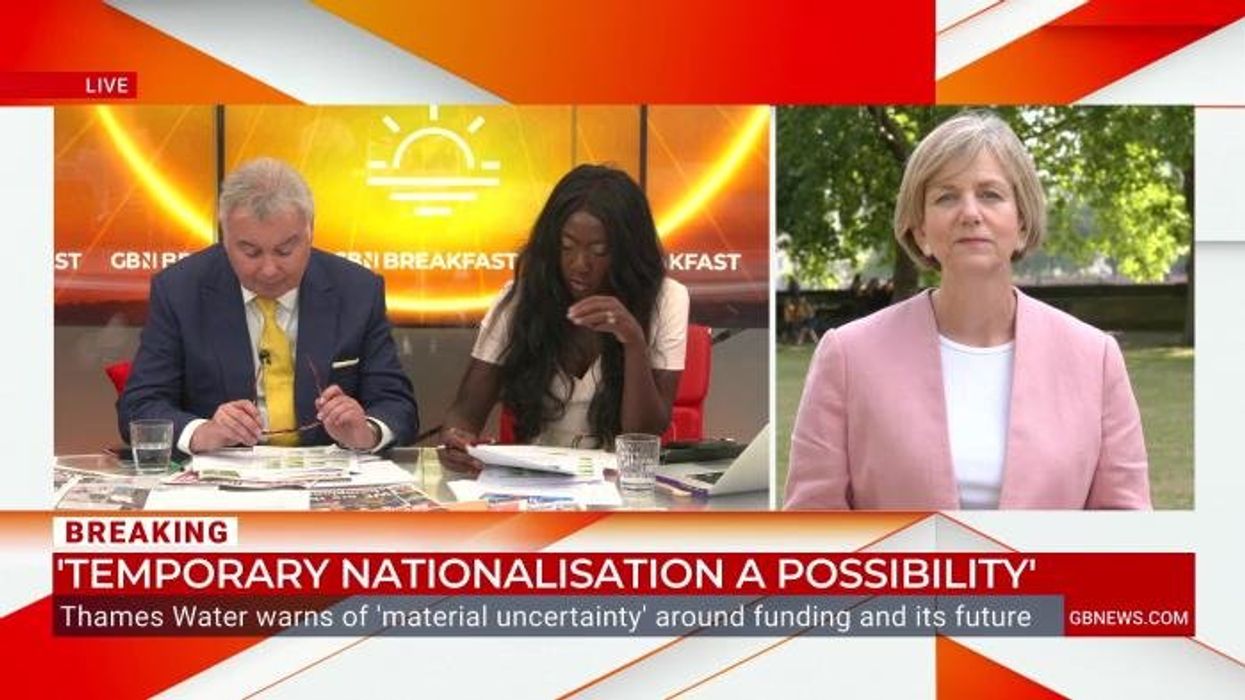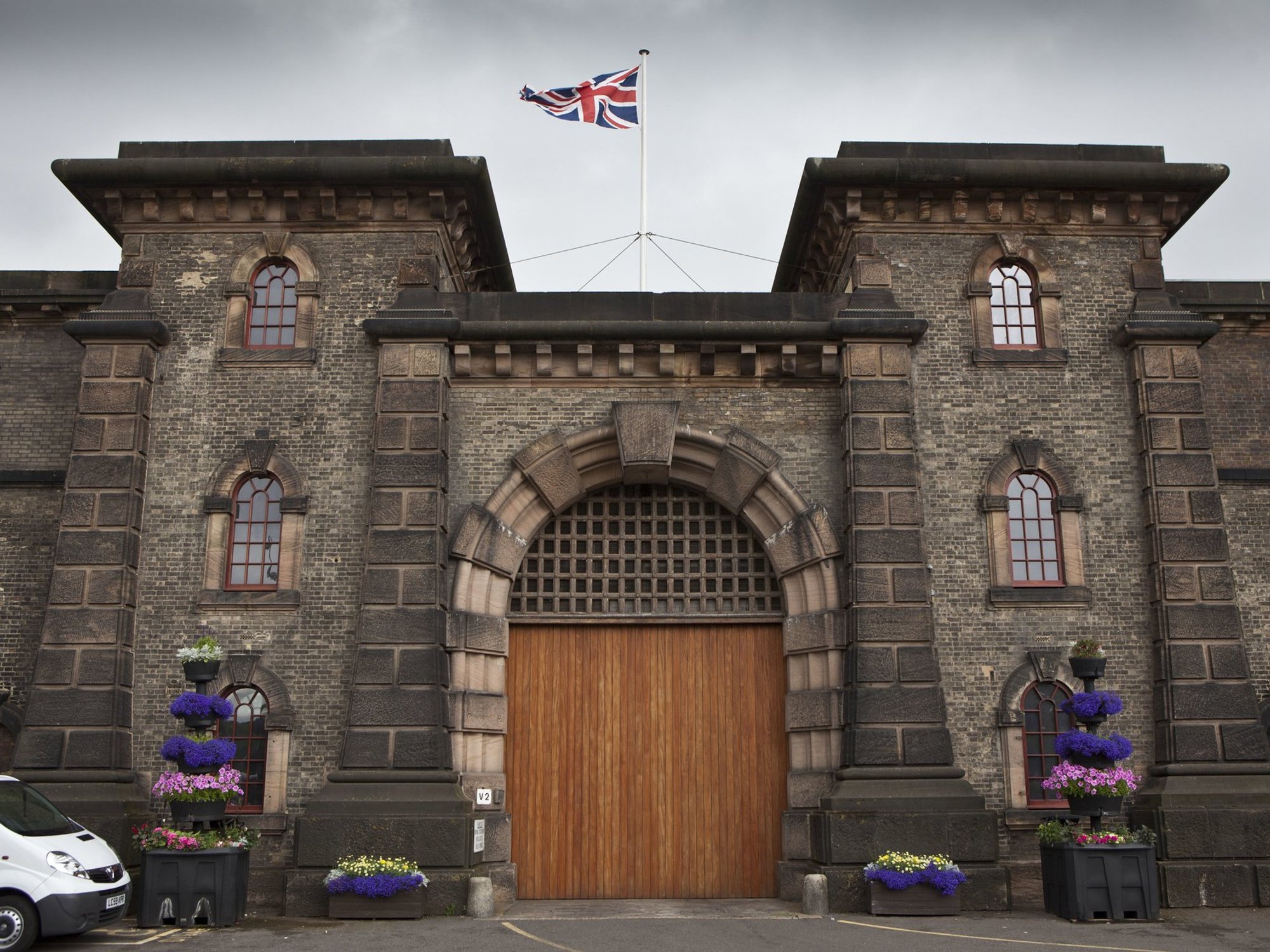Electric cars provide 'extremely good value for money' as EV prices fall below petrol and diesel

EVs are becoming cheaper thanks to battery costs falling and manufacturers offering discounts
Don't Miss
Most Read
Drivers could make major savings when investing in electric cars as prices continue to fall towards the cost of a new petrol or diesel vehicle.
Millions of drivers are considering investing in new electric cars ahead of the Government's ban on new petrol and diesel vehicles at the end of the decade.
One of the most common reasons for motorists being hesitant in their switch to electric cars is the upfront cost of the vehicle.
Data shows that electric car prices are falling rapidly, with many reaching price parity with equivalent internal combustion engine vehicles.
TRENDING
Stories
Videos
Your Say
Experts are now suggesting that recommended retail price (RRP) is not an accurate measure of the affordability of an electric car.
They argue that since electric cars contain better technology and features by design, drivers would be getting more for their money than they would with a traditional petrol or diesel model.
Dr Andy Palmer, Chairman of Electric Vehicles UK, was instrumental in developing the pioneering Nissan Leaf, which was one of the first mass-market electric vehicles in the world.
He said that price parity was "only a dream" when the car was being developed in 2008, with batteries costing $1,000 (£742) per kilowatt hour.
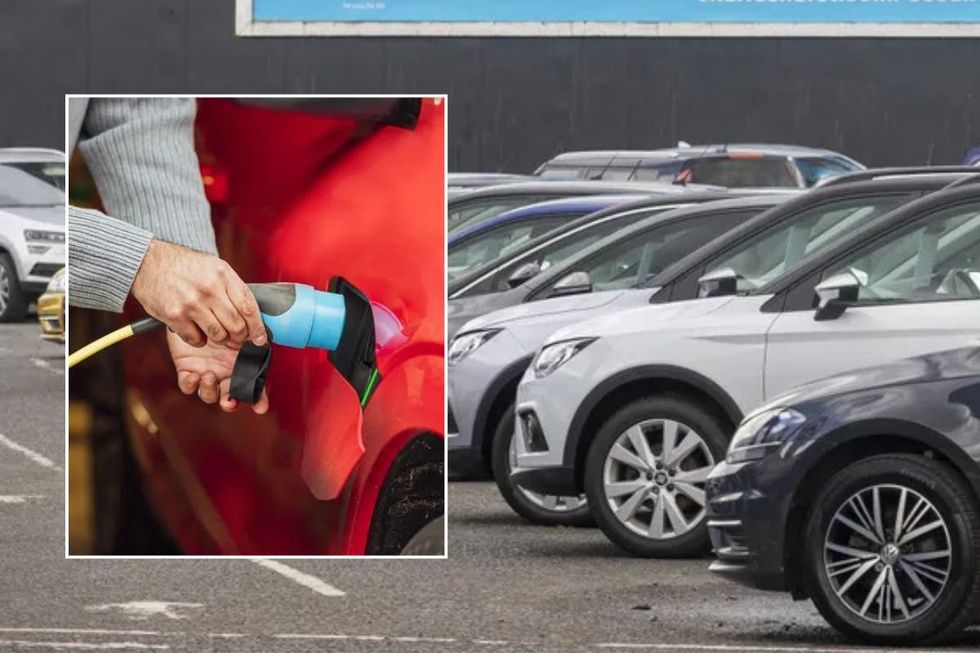
Experts have highlighted that electric cars provide drivers with better value for money
|PA
The expert, who is also founder and CEO of Palmer Energy Technology Ltd, added that price parity is now a reality, especially as batteries cost around $60 (£44.56) per kilowatt hour.
Chinese brands are also making great progress in slashing costs for manufacturers and drivers, with global forecasts suggesting that battery packs could fall to around £45 in the coming months.
The vast majority of automakers around the world are already diversifying their lineups, with many selling flagship models with electric, hybrid and ICE powertrains.
One of the most popular examples of this is the Ford Puma, which has been the best-selling car in the UK for more than a year.
LATEST DEVELOPMENTS:
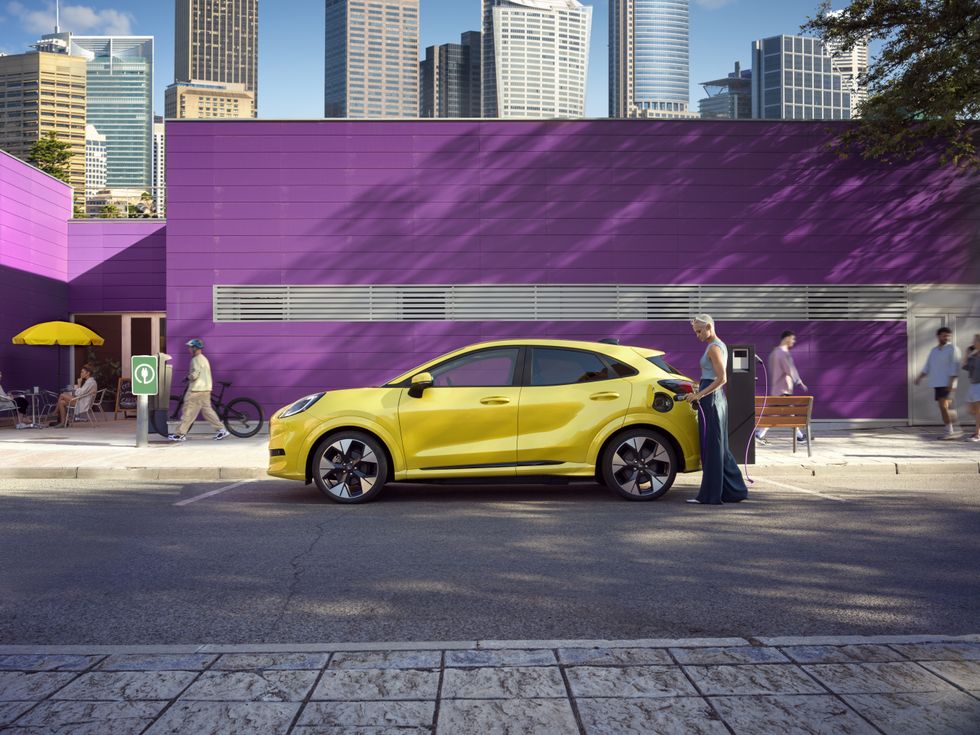
The Ford Puma Gen-E is one of two Ford models eligible for the £3,750 Electric Car Grant incentive
| FORDThe hybrid version, which has already sold 33,221 models so far this year, retails for £26,580.
However, the electric Puma Gen-E model retails has a list price of just £26,245, as it benefits from the highest £3,750 discount from the Government's Electric Car Grant.
Other models are also nearing price parity, including the Volkswagen Golf and VW ID.3, the Nissan Qashqai and Ariya, and the Kia Sportage and EV5.
Tanya Sinclair, CEO of Electric Vehicles UK, said: "Comparing an entry-level ICE with an EV that includes thousands of pounds worth of advanced tech does not tell drivers the whole story about the vehicles they are comparing. It's a distortion that does consumers no favours.
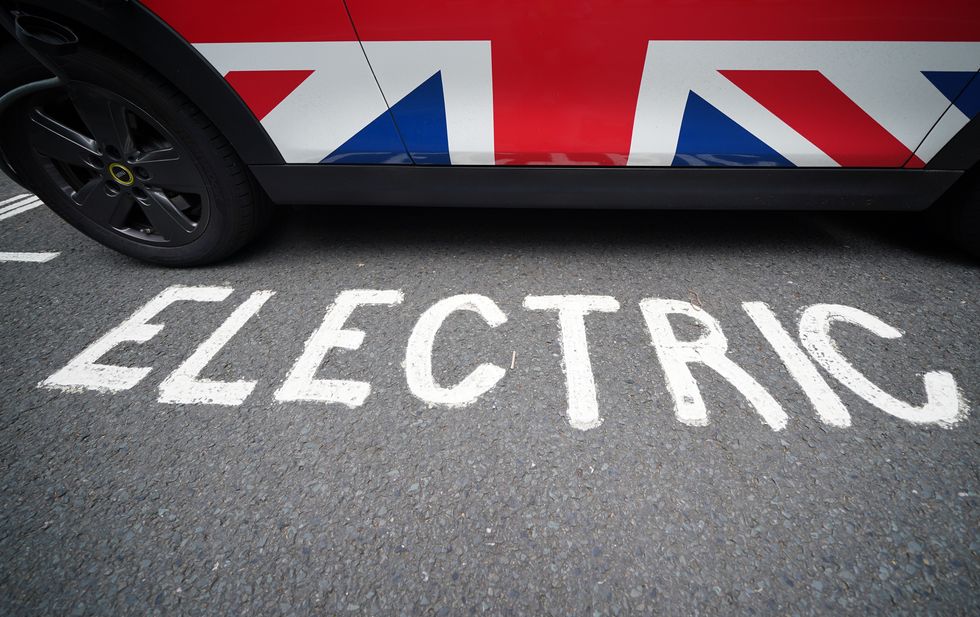
Some electric cars are already cheaper than their petrol and diesel equivalents
| PA"EVs are the cutting edge of advanced technology and extremely good value for money in terms of space, performance and features. We should all be setting out their pound-for-pound merits at every possible opportunity."
Experts also pointed out that electric vehicles benefit from greater incentives, including Labour's Electric Car Grant, as well as manufacturers cutting prices.
Steve Fowler, founder of Carblah, said recommended retail prices were "yesterday's news", adding that car buyers mainly care about how much they pay every month with their finance deals.
He continued, saying: "The Independent EV Price Index has shown that PCP costs for a typical electric car have dropped by £55 a month or 10.8 per cent compared with a year ago, while the average APR charged on an EV PCP finance deal is 3.5 per cent versus 6.6 per cent for a petrol or diesel model."


